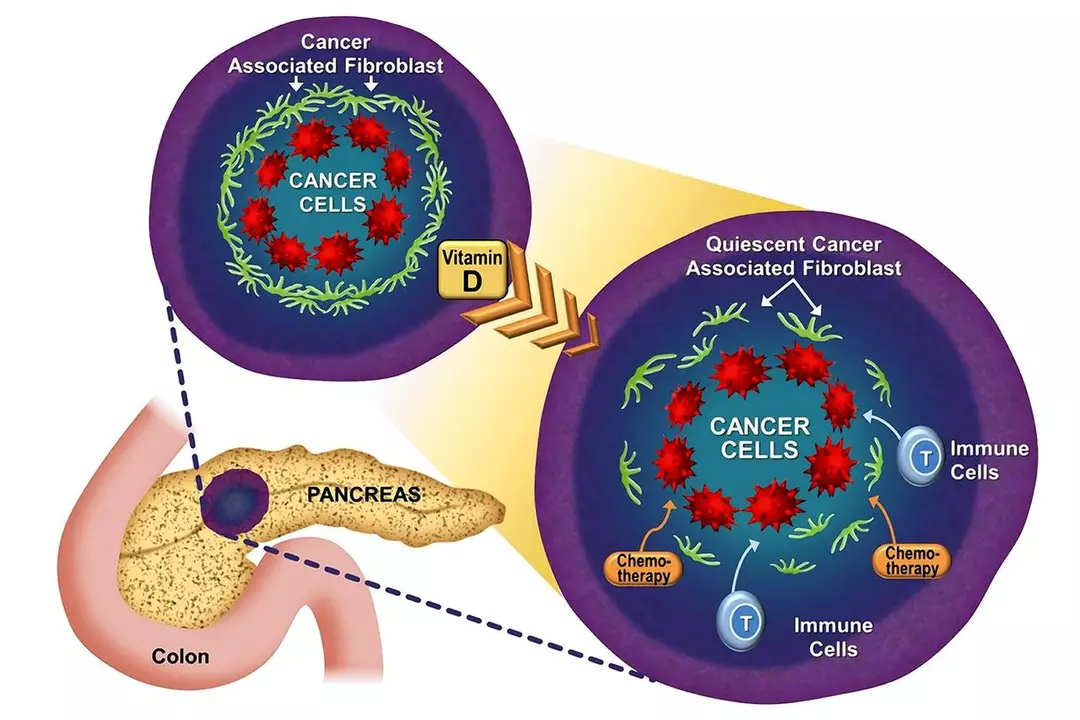Cancer prevention: practical steps you can start today
About 40% of cancers are linked to things we can change. That makes prevention powerful — and worth the effort. You don’t need dramatic measures. Small daily choices add up: screening on schedule, vaccines when recommended, and habits that cut risk over time.
Everyday habits that cut cancer risk
Quit tobacco. Smoking is the single biggest preventable cause of cancer. If quitting feels impossible, ask your doctor about medicines, counseling, or support groups — even small reductions help.
Move more and control weight. Aim for around 150 minutes of moderate activity a week. Walking, cycling, or home workouts all count. Excess body fat raises the risk for several cancers, so combine activity with realistic eating shifts.
Eat mostly plants. Fill half your plate with vegetables, fruits, and whole grains. Limit processed meats and heavy alcohol use — both raise certain cancer risks. You don’t need a perfect diet; focus on steady improvements.
Protect your skin. Use broad‑spectrum sunscreen, seek shade during peak sun hours, and avoid tanning beds. A few routine checks of moles or skin changes can catch problems early.
Think vaccines and infections. HPV and hepatitis B vaccines prevent infections that can lead to cancer later. Ask your clinician if you or your children should get them.
Smart screening, meds, and getting care affordably
Screening saves lives because it finds cancer early. Common checks include breast screening, colon cancer tests, Pap smears/HPV testing, and low‑dose CT for some smokers. Talk with your provider about which tests fit your age and family history.
If you have a strong family history, genetic counseling can clarify risk and guide early action. Don’t ignore new, persistent symptoms — unexplained weight loss, bleeding, or a lump should prompt a visit.
Need medicine or testing but worried about cost? We cover safe ways to buy medications online and how to verify pharmacies, plus guides to affordable stores and generics. Use only verified pharmacies and keep copies of prescriptions and receipts.
Some cancer drugs are treatments, not prevention. For example, targeted therapies like ribociclib are advances in care for breast cancer — useful when cancer is present, not as a preventive pill. Prevention focuses on vaccines, lifestyle, screening, and when appropriate, risk‑reducing strategies recommended by a specialist.
Want quick reads from this site? Check articles on ribociclib advances in breast cancer, safe online prescription shopping, and affordable pharmacy alternatives. These pieces walk you through treatment advances, how to find legit medicines, and ways to save without risking your health.
Start small. Pick one habit — quit one pack a day, add two weekly workouts, book a screening — and build from there. Prevention isn’t about perfect choices; it’s about steady, practical steps that lower risk and protect your future.
Alfacalcidol and its Potential in Cancer Prevention
As a blogger, I recently came across some fascinating research on Alfacalcidol and its potential role in cancer prevention. Alfacalcidol, a derivative of Vitamin D, has been found to have promising effects in inhibiting the growth of cancer cells. Studies indicate that it helps regulate cell differentiation and proliferation, which could lead to a reduced risk of cancer development. Furthermore, Alfacalcidol has been observed to enhance the immune system's ability to fight cancer cells. With continued research, we may see Alfacalcidol become an essential component in cancer prevention strategies.
Read More
